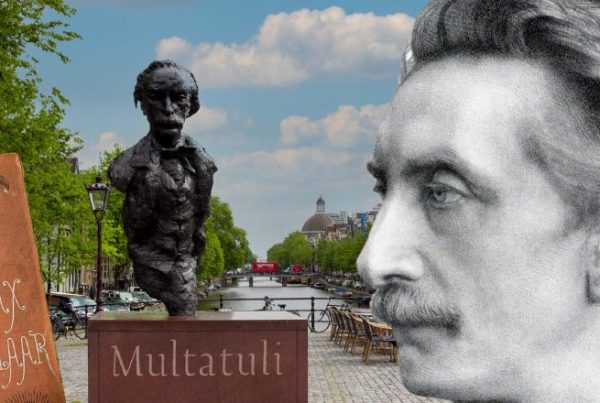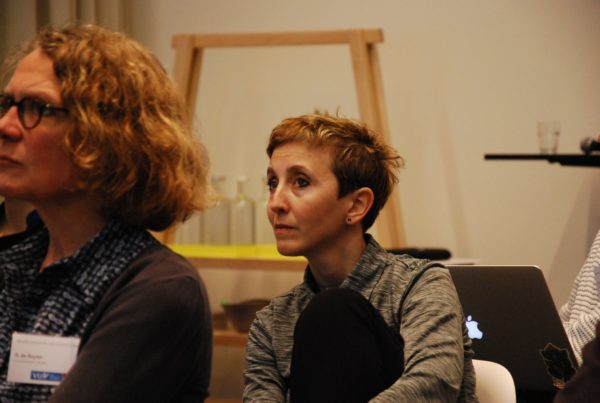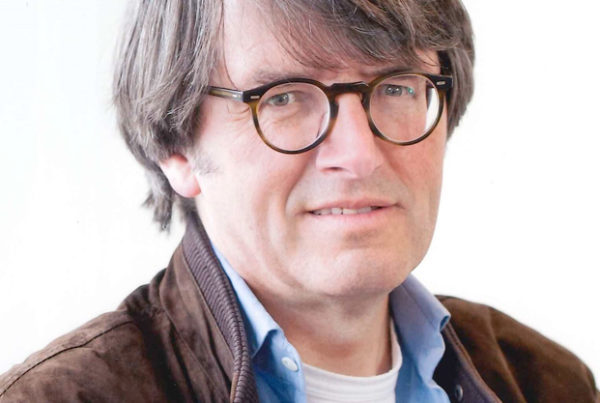Research Institute CLUE+, the Department of Philosophy, and Study Association Icarus present: VU Philosophy Colloquium September 2017
After four years: PhD students present their results
Speakers Lieke Asma & Hans van Eyghen (VU Amsterdam)
Date Wednesday, September 13, 2017
Time 15:30-17:00
Venue room HG-05A24, Main Building VU, De Boelelaan 1105, Amsterdam.
Program
15.30 – Opening of the new Colloquium Series
15.40 – 16:25 Presentation & Discussion Lieke Asma
16.25 – 16.45 Presentation & Discussion Hans van Eyghen
16.45 – 17.00 Q&A
Afterwards: Drinks at Icarus (HG-0E07)
—-
Causal history, lack of insight, and what agents intentionally do
Lieke Asma MA, MSc
According to the causal theory of action what an agent intentionally does depends on the causal history of the intentional action. More specifically, it depends on the content of the intention that caused it. The question is whether this idea is challenged if we take into account that we lack full insight in what we do and why. In light of this I will assess two counterexamples to the causal theory of action that seem to show that the causal history and what the agent intentionally does are not in line. I argue that these counterexamples fail. After that, I provide a different counterexample that does show that we cannot explain what the agent intentionally does on the basis of an intention that caused the bodily movements.
Cognitive science of religion and the consensus gentium argument
Hans van Eyghen Ma
At least since Plato a number of philosophers have claimed that the wide prevalence of religious belief provides evidence for the existence of God, gods or a supernatural realm. The argument is known as ‘The Consensus Gentium Argument’. Some have claimed that a naturalistic explanation can undermine the argument. They claim that if the wide prevalence can be explained without any reference to anything supernatural, the consensus gentium argument does not hold. They sometimes point towards recent theories from a newly emerging field called cognitive science of religion. In my talk I will assess the consensus argument and see whether theories from cognitive science of religion can deliver the goods to undermine the consensus gentium argument.
About the speakers: Lieke Asma and Hans van Eyghen are PhD Students on the Science Beyond Scientism project. This project was carried out within the Abraham Kuyper Center at the Vrije Universiteit Amsterdam.






